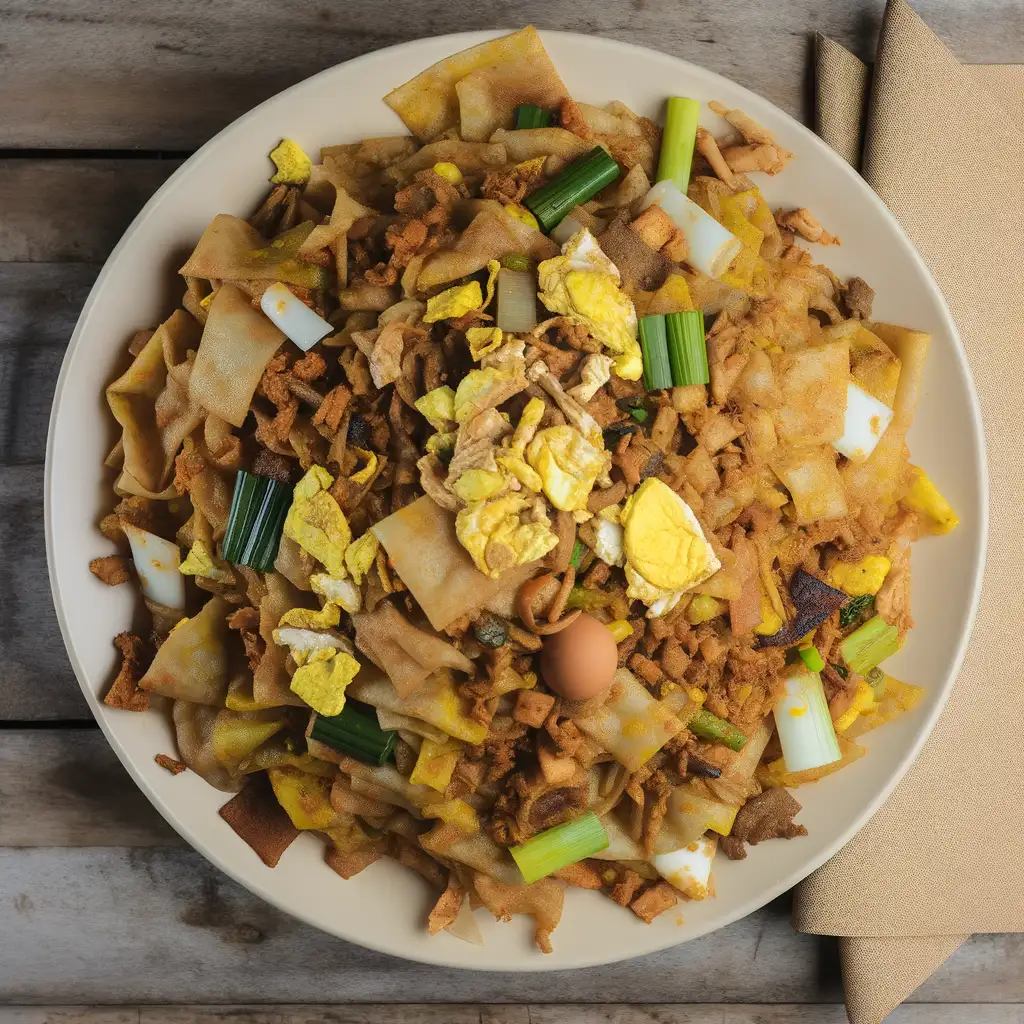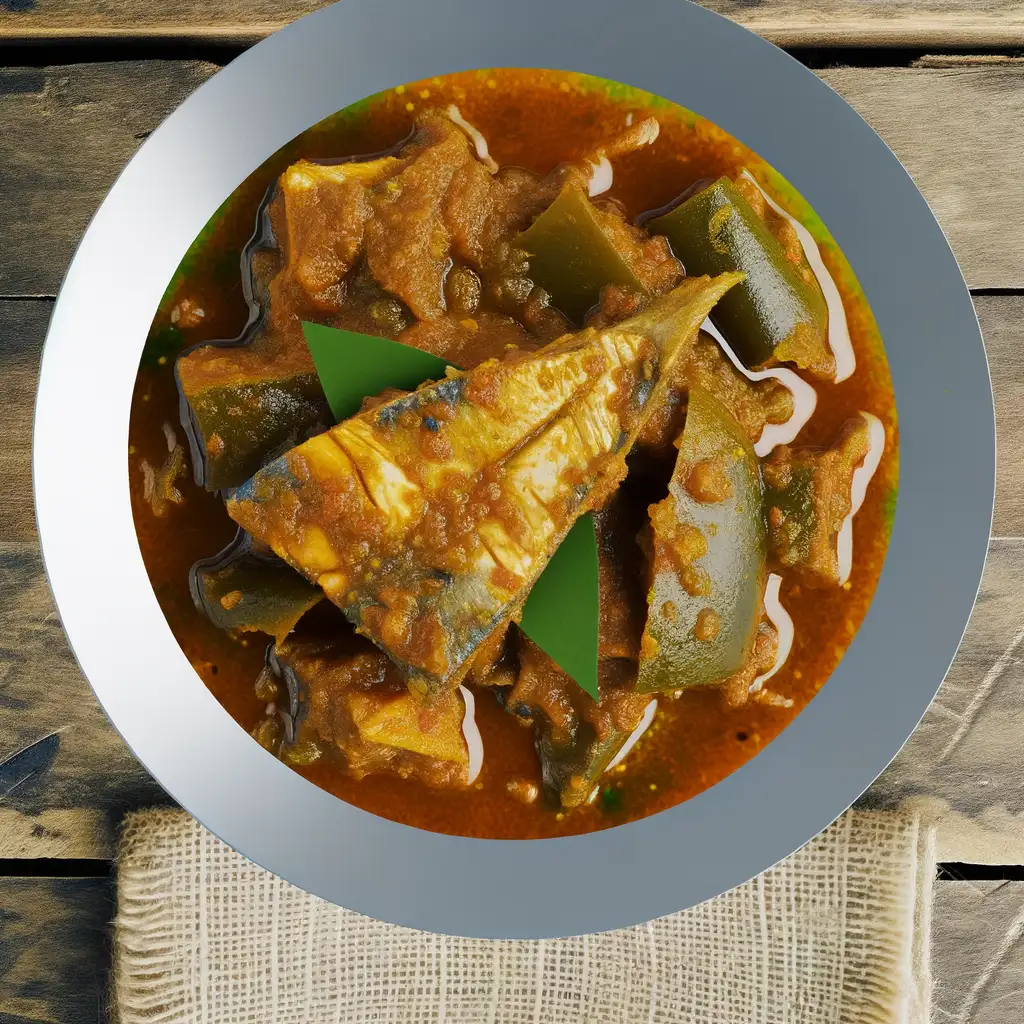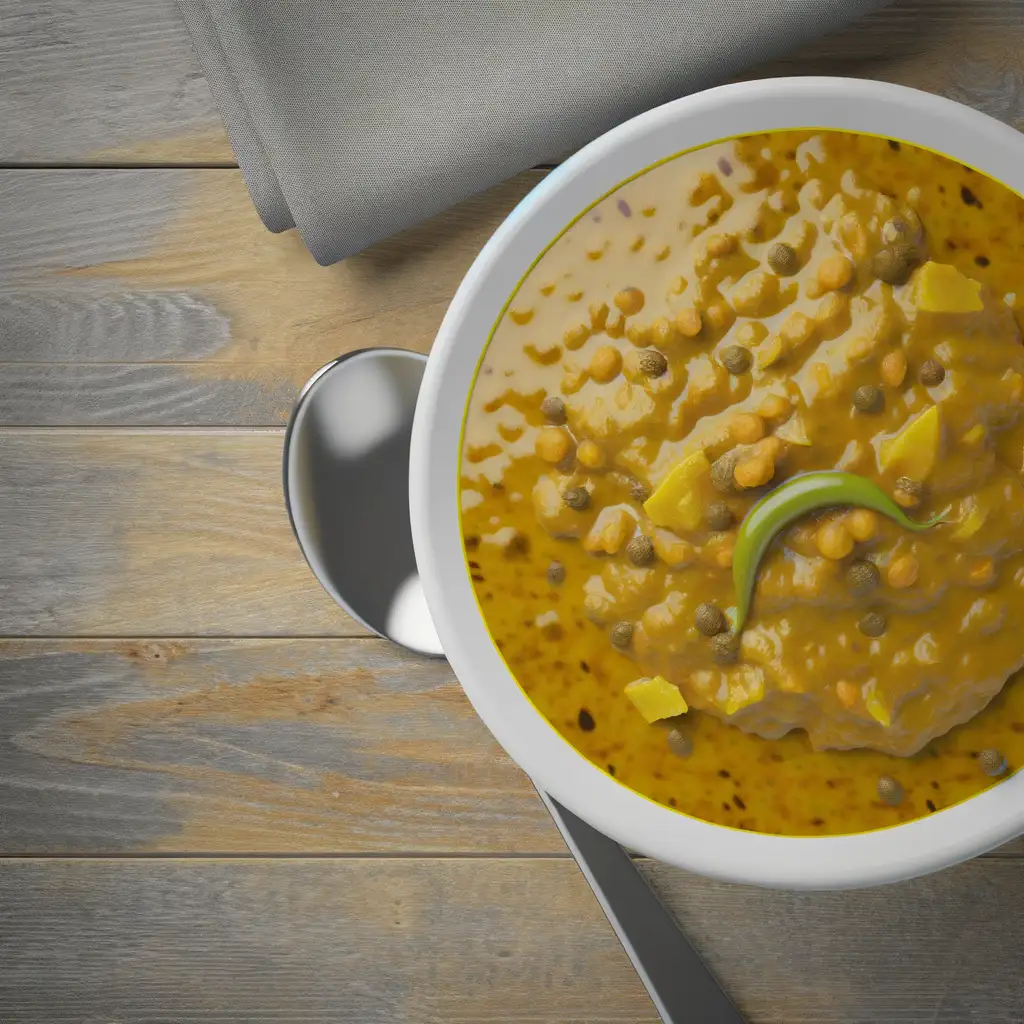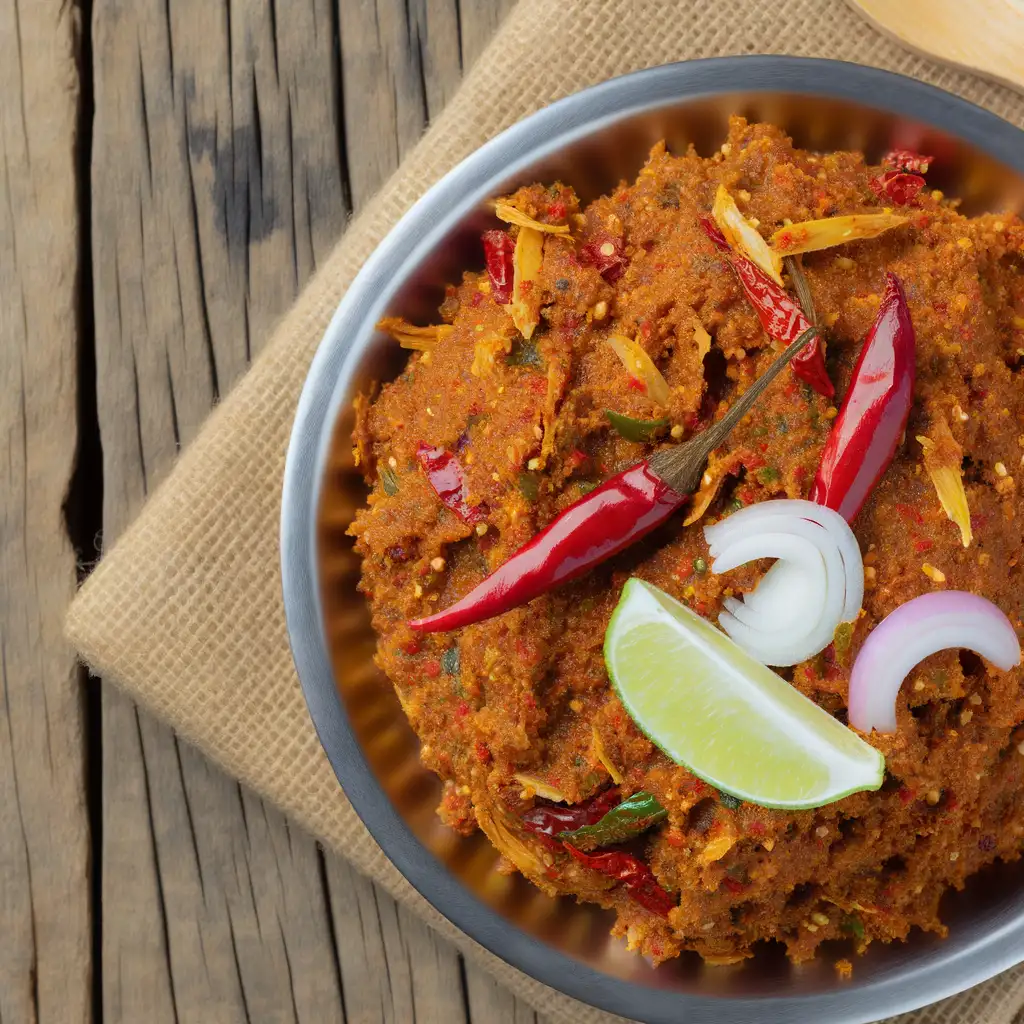



If you find yourself wandering through Sri Lanka,Kotte is one of those places that quietly pulls you in with its laid-back charm and rich history. It’s not just a city; it’s a living tapestry where the old and new blend seamlessly. As you stroll along its streets,you’ll catch the gentle hum of daily life—vendors calling out their fresh produce,the distant chime of temple bells,and the occasional burst of laughter from a nearby tea shop. The air carries a mix of fragrant spices and the earthy scent of rain-soaked earth,grounding you in the moment. Kotte’s character is deeply tied to its past as the ancient capital,and you can feel that legacy in the sturdy walls of its fort and the quiet dignity of its temples. But it’s also a place where modern Sri Lanka pulses—colorful markets buzz with energy,and the aroma of sizzling street food tempts you at every corner. Don’t miss trying some local hoppers or a cup of strong Ceylon tea while watching the world go by. What makes Kotte truly special is its warmth—the genuine smiles of locals eager to share stories,the slow rhythm of life that invites you to pause and soak it all in. It’s a city that doesn’t shout for attention but rewards those who take the time to listen,taste,and explore. Visiting Kotte feels like stepping into a story that’s still unfolding,and you get to be part of it.
The information on this page is currently being reviewed by Tripkliq and should be used as a guide only
Eng word: Hello
Eng pronunciation: Hello
Local language: හෙලෝ
Eng word: Goodbye
Eng pronunciation: Goodbye
Local language: ගුඩ්බයි
Eng word: Thank you
Eng pronunciation: Sthoo-thi-yi
Local language: ස්තුතියි
Eng word: How much
Eng pronunciation: Ki-ya-la-da
Local language: කියලද
Eng word: Toilet
Eng pronunciation: Vae-si-ki-li-ya
Local language: වැසිකිළිය
Eng word: Help me
Eng pronunciation: Ma-ta oo-da-vu ka-ran-na
Local language: මට උදව් කරන්න
Eng word: Yes
Eng pronunciation: Ow
Local language: ඔව්
Eng word: No
Eng pronunciation: Nae-hae
Local language: නැහැ
Eng word: Excuse me
Eng pronunciation: Ma-ta sa-maa-ven-na
Local language: මට සමාවෙන්න
Kotte, also known as Sri Jayawardenepura Kotte, served as the capital of the Kingdom of Kotte from 1412 to 1565. It was a significant political and cultural center during this period.
The city of Kotte was founded by Nissanka Alakeshvara, a powerful minister of the Gampola Kingdom, in the late 14th century. He fortified the city to protect it from invasions.
Under the reign of King Parakramabahu VI (1412-1467), Kotte experienced a golden age. The king was known for his patronage of the arts, literature, and Buddhism.
The city was well-fortified with ramparts, moats, and bastions. The inner city was protected by a large wall and a moat filled with crocodiles, making it nearly impregnable.
The Temple of the Sacred Tooth Relic, known as Dalada Maligawa, was originally located in Kotte before being moved to Kandy. It housed the sacred tooth relic of the Buddha, a significant symbol of sovereignty.
In the early 16th century, the Portuguese arrived in Sri Lanka and established a presence in Kotte. They influenced the local architecture, culture, and trade practices.
The city began to decline in the mid-16th century due to internal conflicts and external threats, including invasions by the Kingdom of Sitawaka and the Portuguese.
Modern-day Kotte is home to several archaeological sites, including remnants of the ancient city walls, fortifications, and temples, offering a glimpse into its rich history.
The Kotte Museum, located in the heart of the city, showcases artifacts and exhibits related to the history and culture of the Kotte Kingdom, making it a must-visit for history enthusiasts.
In Kotte, the most common Power Adaptor is Type D, Type G.



A popular street food made from chopped roti (flatbread) stir-fried with vegetables, eggs, and a choice of meat, seasoned with spices.
.webp)
A bowl-shaped pancake made from fermented rice flour and coconut milk, often served with a variety of toppings like egg, honey, or sambol.

A sour fish curry made with firm fish, spices, and goraka (a sour fruit), typically served with rice.

A staple dish made from lentils cooked with spices, coconut milk, and sometimes vegetables, served with rice or roti.

A spicy coconut relish made from grated coconut, chili powder, onion, and lime juice, often served as a side dish.
.webp)
Steamed rice noodles shaped into thin strands, usually served with curry or coconut milk.

A sweet and sour eggplant pickle made with fried brinjal, vinegar, and spices, often served as a condiment.
The capital city of the Maldives,Malé is a gateway to the world-famous Maldivian islands,known for their pristine beaches,luxury resorts,and vibrant marine life. Perfect for a tropical getaway.
ExploreBangkok is one of those cities that grabs you the moment you step out into its bustling streets. There’s this electric energy in the air—a mix of honking tuk-tuks,sizzling street food stalls,and the chatter of locals weaving through markets. The city feels alive,like it’s constantly moving and breathing,yet somehow it balances this chaos with moments of serene beauty,like the golden spires of temples catching the afternoon sun or quiet canals reflecting the sky.
Walking through Bangkok,you’ll be hit by a whirlwind of scents:fragrant jasmine from flower vendors,the sharp tang of lemongrass and chili from street carts,and the sweet aroma of mango sticky rice tempting you at every corner. The colors are just as vivid—neon signs flicker alongside traditional wooden shophouses,and monks in saffron robes glide past modern skyscrapers. It’s a city where old and new dance together effortlessly.
What really makes Bangkok special is its warmth and openness. The people here have a genuine kindness that shines through,whether you’re bargaining at Chatuchak Market or sharing a laugh over a bowl of spicy boat noodles. The culture is rich and layered,from the intricate rituals at Wat Pho to the lively festivals that light up the streets. Visiting Bangkok feels like stepping into a story that’s still unfolding,full of surprises and moments that stay with you long after you leave.
Imagine stepping into a city where sleek skyscrapers meet lush greenery,and every corner hums with a vibrant energy that’s both modern and deeply rooted in tradition. That’s Singapore for you—a place where the air carries the fragrant mix of blooming orchids and sizzling street food,and the streets buzz with a blend of languages and laughter. Walking through neighborhoods like Chinatown or Little India,you’ll catch the rich aromas of spices mingling with the sweet scent of tropical fruits,inviting you to explore further.
What’s truly captivating about Singapore is how effortlessly it balances the fast-paced pulse of a global hub with pockets of serene beauty. You can be wandering through the futuristic Gardens by the Bay one moment,marveling at the towering Supertrees glowing softly at dusk,and the next,find yourself savoring a bowl of laksa or chili crab at a bustling hawker center,surrounded by locals chatting animatedly. The city’s character shines through its people—warm,diverse,and proud of their heritage,yet always welcoming.
There’s a rhythm here that’s both energizing and comforting. Whether you’re cycling along the waterfront,catching a sunset over Marina Bay Sands,or simply sipping kopi in a cozy café,Singapore invites you to slow down and soak in its unique blend of cultures,flavors,and sights. It’s a city that surprises you with its layers,making every visit feel like a new discovery.
If you step into Colombo District,you immediately feel the pulse of a city that’s both vibrant and laid-back,where old-world charm meets modern hustle. Imagine walking along bustling streets lined with colonial-era buildings,their faded facades telling stories of a rich past,while sleek glass towers rise nearby,reflecting the tropical sun. The air carries a mix of scents—spices from street food stalls,salty sea breeze from the nearby coast,and the faint aroma of jasmine from roadside vendors. It’s a place where the sounds of honking tuk-tuks blend with the call to prayer and the laughter of children playing in small parks.
Colombo’s character is a beautiful mosaic of cultures. You’ll find Buddhist temples nestled beside mosques and churches,and markets where Tamil,Sinhalese,and Muslim communities come together in a colorful dance of languages and traditions. The city’s food scene is a feast for the senses—imagine biting into a crispy hopper drizzled with coconut sambol or sipping on a strong,sweet Ceylon tea while watching the sunset over Galle Face Green,where locals fly kites and families gather to unwind.
What makes Colombo truly special is its warmth. Despite the city’s fast pace,there’s a genuine friendliness in the smiles of shopkeepers and the inviting chatter in cafés. It’s a place where you can lose yourself in vibrant street art one moment and find quiet reflection in a serene temple garden the next. Colombo isn’t just a destination; it’s an experience that stays with you long after you leave.
Imagine stepping into a place where the air hums with the gentle rhythm of waves lapping against sun-warmed shores,and the scent of salty sea mingles with fragrant street food stalls. That’s Phuket for you—a vibrant island that feels alive in every sense. It’s not just the stunning beaches that grab you,but the way the island pulses with a laid-back energy,where colorful markets buzz with chatter and the aroma of grilled seafood fills the air. Walking through the old town,you’ll find charming Sino-Portuguese buildings painted in pastel hues,their shutters creaking softly in the tropical breeze,while tuk-tuks zip by,adding a playful soundtrack to your explorations.
Phuket’s character is a beautiful blend of tradition and liveliness. Temples with golden spires peek out from lush greenery,inviting quiet moments of reflection,while nearby,night markets burst with life—vendors calling out,sizzling woks,and the sweet tang of mango sticky rice tempting your taste buds. The island’s culture is warm and welcoming,with locals who smile easily and share stories over cups of strong Thai coffee or fresh coconut water.
What makes Phuket truly special is how it wraps you in its embrace—whether you’re watching a fiery sunset from a cliffside bar,diving into crystal-clear waters teeming with vibrant marine life,or simply savoring the spicy kick of a freshly made curry. It’s a place that invites you to slow down,soak in the colors,sounds,and flavors,and leave with a heart full of unforgettable moments.
Bali feels like stepping into a vibrant dream where every corner pulses with life and warmth. From the moment you arrive,there’s this unmistakable energy—part spiritual,part playful—that wraps around you like a soft,tropical breeze. Imagine waking up to the gentle rustle of palm leaves and the distant sound of waves crashing against volcanic black sand beaches. The air carries a mix of frangipani blossoms and salty sea spray,instantly grounding you in the island’s natural beauty.
What really makes Bali special is its rich culture woven into everyday life. You’ll see locals in colorful sarongs offering flowers at temple steps,hear the rhythmic beat of gamelan music drifting through the air,and catch glimpses of intricate wood carvings and vibrant paintings in small artisan shops. The island’s spirituality isn’t just something you observe—it’s something you feel,a quiet presence that invites you to slow down and connect.
And then there’s the food—oh,the food! Freshly grilled satay,fragrant nasi campur bursting with spices,and tropical fruits so sweet they almost taste like candy. Whether you’re dining in a bustling market or a cliffside café overlooking the ocean,every bite feels like a celebration of Bali’s rich flavors and traditions. Honestly,Bali isn’t just a place you visit; it’s a place that stays with you,long after you’ve left.
Locals may offer unsolicited services like massages or selling items on the beach, then demand high payments afterward.
Scammers posing as police officers may accuse tourists of minor infractions and demand bribes to avoid 'legal trouble.'
Scammers may sell fake tickets to popular attractions, leaving tourists unable to enter after paying.
Individuals posing as tour guides may approach tourists and charge high fees for subpar or unnecessary services.
Tourists may be lured into buying fake or overpriced gemstones from shops claiming to sell authentic Sri Lankan gems.
Tourists may be charged exorbitant prices for souvenirs, especially in areas with heavy tourist traffic.
Children or adults may approach tourists with emotional stories to solicit money, which may not go to genuine causes.
Tourists may be taken to tea shops where they are pressured into buying overpriced tea or other products.
Scammers near temples may ask for 'mandatory donations' for entry, even though the temple may not require any payment.
Tuk-tuk drivers may overcharge tourists by not using meters or taking unnecessarily long routes.
The possession, use, and trafficking of illegal drugs are strictly prohibited in Kotte, Sri Lanka, under the Poisons, Opium, and Dangerous Drugs Ordinance. Penalties for drug-related offenses are severe and can include lengthy prison sentences, heavy fines, and even the death penalty for trafficking large quantities. Tourists should avoid any involvement with illegal drugs to avoid serious legal consequences.
In Kotte, Sri Lanka, smoking is regulated under the National Authority on Tobacco and Alcohol Act. Smoking is prohibited in public places such as hospitals, schools, public transport, and government buildings. There are designated smoking areas in some public places, but it is important to look for signs indicating whether smoking is allowed. Violations can result in fines.
Vaping is subject to similar regulations as smoking in Kotte, Sri Lanka. The use of e-cigarettes is prohibited in public places where smoking is banned. Importing and selling e-cigarettes and vaping products are also regulated, and there may be restrictions on bringing such products into the country. Tourists should be cautious and check for any specific local regulations.
What are other people saying about Kotte?
Recent Social posts about Kotte
There is nothing to show you for now.